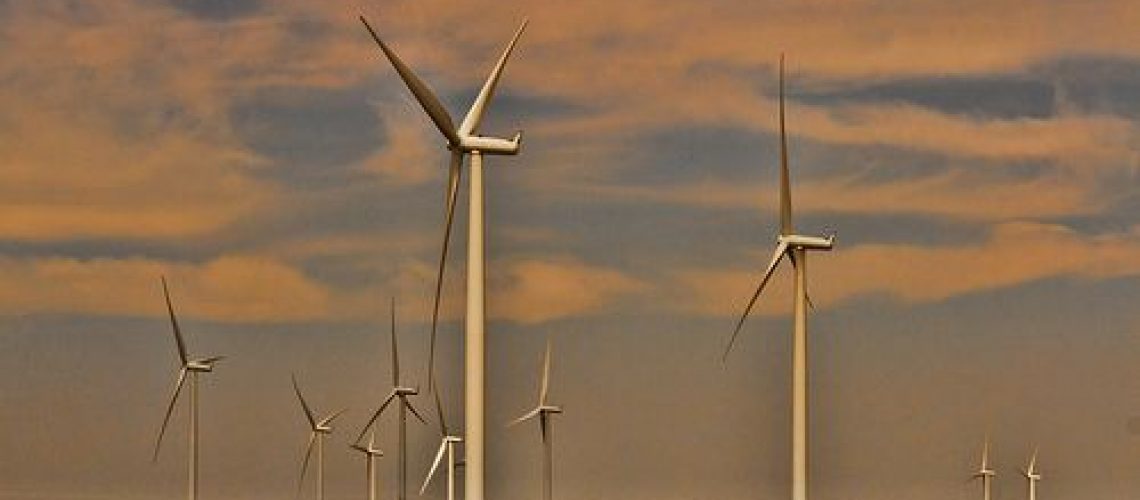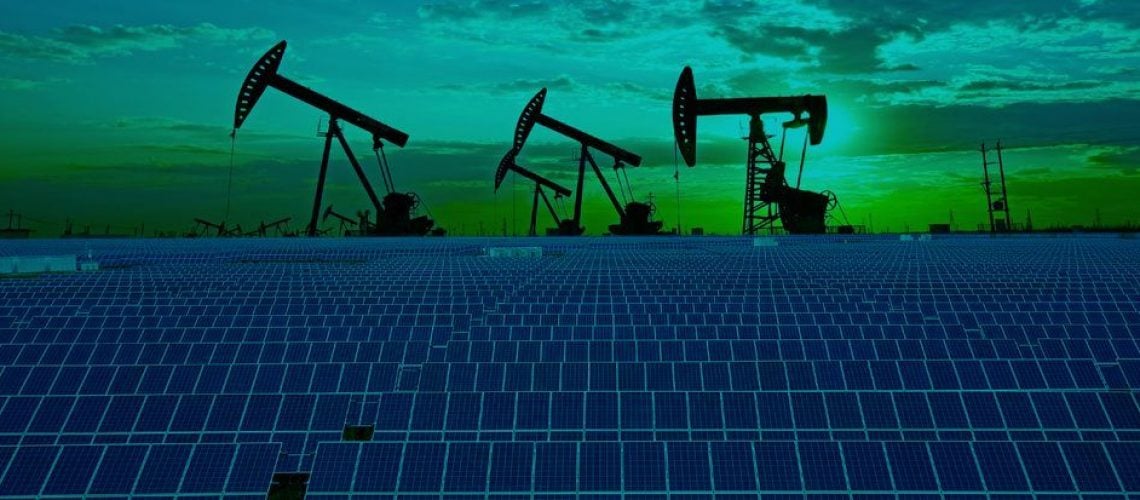Change is coming - whether you like it or not.
For some change is easy, for others it’s not. They hold on to traditional ideas and have a “this is how we’ve always done it” mentality that makes it hard for them to appreciate forward progress.
Well, they don’t see it as progress, but you get the idea.
But, often… when we stop to ask, “why?” there’s not really a good reason to NOT change. (Say that ten times fast!)
Style evolves, society evolves, everything evolves. So does energy.
Transformation is underway across energy. Traditional fossil fuels such as coal and oil are fading and renewable energy sources such as wind and solar continue to grow each year.
According to the World Energy Council, solar and wind accounted for 4% of power generation in 2014 but are expected to grow to 39% of the power supply by 2060. Simultaneously, the decline of fossil fuel powered energy will not only continue, but accelerate.
Fossil fuels accounted for 86% of the energy mix in 1970 and only dropped to 81% in 2014, but that was five long years ago and with the introduction alternative energy sources and the advancement of renewable energy technology, entrepreneurs and large energy and oil corporations are seeing the writing on the wall and positioning themselves for the great transition.
The decline of fossil fuels will accelerate with the advent of new technologies.
The fancy word everyone is using for this is decarbonization. (See the breakdown below.)
- Reduce energy use by conservation
- Reduce energy use by improving efficiency
- Switch to low-carbon or no-carbon fuels and energy sources
- Capture and sequester CO2
However, as much as environmentalists and similar minded fossil fuel haters want this to happen ASAP, it’s going to take some time.
Here’s why:
Global energy is a massive cargo ship, not a speedy jetboat.
The energy system is enormous, and it takes time to change directions! It’s true that wind and solar have grown rapidly in recent years, but they are still a fraction of the global and US energy supply. Even if we go full steam ahead on renewable solar and wind, transition would take many decades.
Renewables are getting cheaper.
The growth in renewables we’ve seen over the last decade or so has been largely supported by government subsidies, both in the United States and internationally. Entrepreneurs are improving technology and making it more cost effective, but the fact remains: Fossil fuels still offer the lowest cost option for many people/countries.
As good as your goal may be, it’s hard to get people to pay more if they can pay less. I spent a year fundraising for St. Jude Children’s Hospital, to help kids with cancer, and it wasn’t easy getting people to open their wallet. If children with cancer is a hard sell, then global warming or fear of peak oil supply isn’t going to be any easier.
Perfect example: Despite years of subsidies, the percentage of electric vehicles on the road remains miniscule.
Renewables aren't the innocent angels many make it out to be.
The sheer size of wind and solar installations needed to underpin our electricity system is significant. Massive wind farms and solar farms the size of entire United States would be required to replace the current output of fossil fuels. And for many people, that brings up concerns about habitat fragmentation, loss of endangered species and other impacts on the environment.
People’s livelihoods are at stake.
We’re seeing the effects of the transition away from coal, and what that’s doing to workers in PA, WV, KY, and more. Politicians are fighting tooth and nail to bring those jobs back. Don’t you think the same thing will happen when fossil fuels start to dwindle, and workers suddenly find themselves out of work and without the skillset they need to transition to a new industry? Places like Texas and North Dakota won’t give up on their livelihood as easy as you might think.
A new world order in energy is emerging, and its taking the United States on by a storm.



